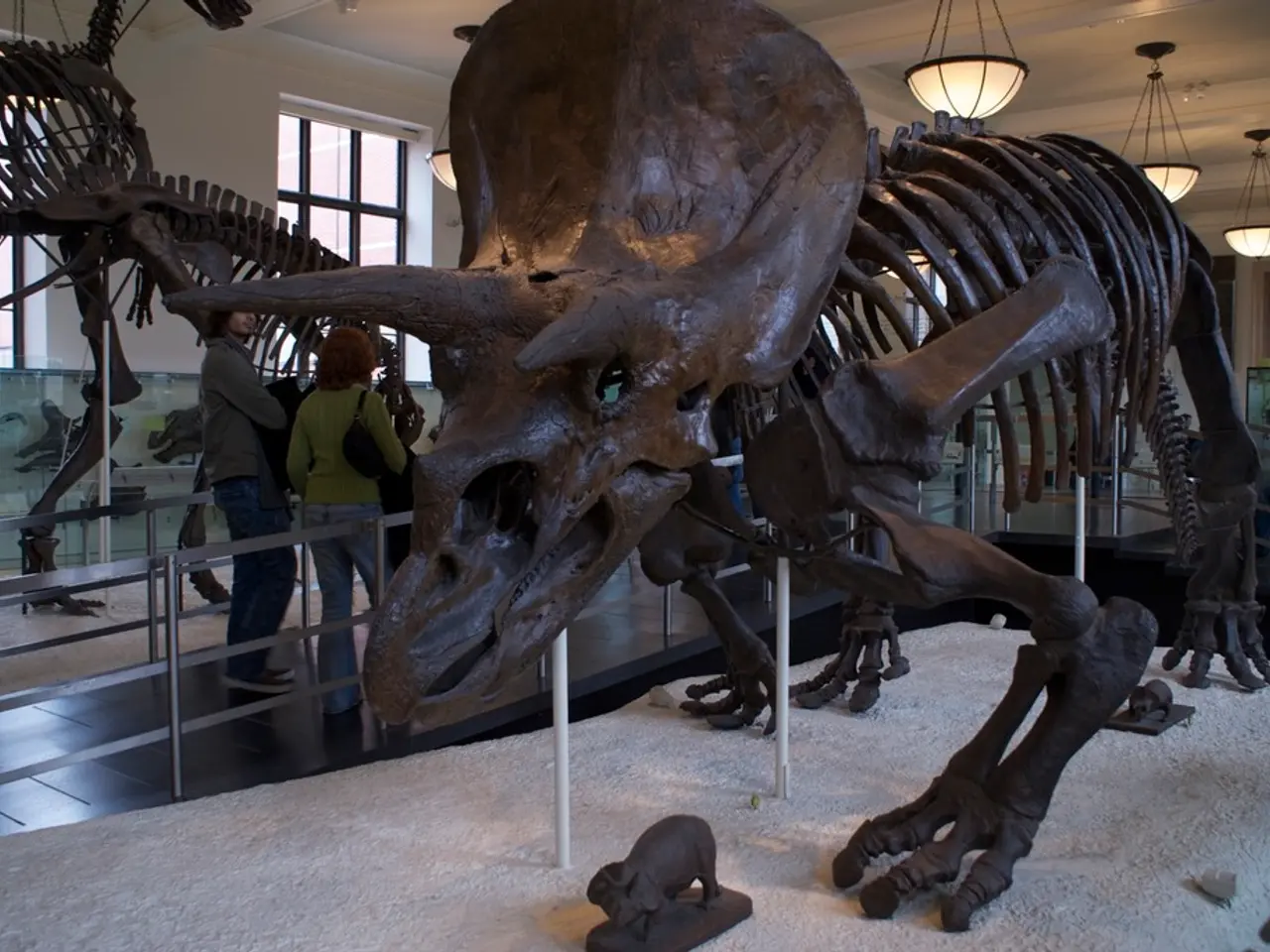Corruption Investigation Leads to Arrest Over Drones Acquisition in Ukraine
Ukraine Faces Corruption Scandal Involving Arms Procurement
Ukraine, a country that has been defending itself against a Russian invasion for over three years, is once again grappling with corruption scandals in the arms sector. Four arrests have been made, including MP Oleksiy Kuznetsov, who belongs to the Servant of the People party of the Ukrainian president, Volodymyr Zelensky.
The scandal involves contracts with drone manufacturers that were concluded at significantly inflated prices. According to reports, the suspects are said to have pocketed 30 percent in bribes. The Interior Minister, Ihor Klymenko, has reported that uniformed personnel have also been suspended from duty in connection with the investigation.
The allegations also target civil servants at the municipal level and members of the National Guard. In response to the ongoing bribery investigation, President Zelensky has emphasized the importance of independent anti-corruption fighters and stated that there must be zero tolerance for corruption and fair verdicts.
This latest scandal comes amidst a tense political climate regarding the independence of Ukraine's anti-corruption agencies. In July 2025, the Ukrainian Parliament passed a law that weakened their autonomy, drawing criticism from civil society and international observers. However, by early August 2025, the Parliament reversed these changes, restoring a degree of independence and reaffirming the critical role of these bodies in upholding rule of law during wartime.
The independence of anti-corruption agencies is seen as crucial for the effective investigation and prosecution of corruption cases. Undermining it risks rollback of hard-won gains and could impede the fight against corruption that is essential for both governance and international support.
Ukraine ranks 105th out of 180 countries in the current Corruption Perceptions Index by Transparency International, highlighting the need for continued efforts to combat corruption. Zelensky has repeatedly promised Brussels a categorical fight against corruption, and the recent developments underscore the ongoing struggle to fulfil this promise.
The EU has repeatedly demanded that Ukraine implement reforms in its bid to join the union. Western aid money to fight the Russian invasion often disappears in Ukraine, raising concerns about the misuse of funds and the need for transparency and accountability in the allocation and management of resources.
This news serves as a reminder of the fragility of anti-corruption reforms and the importance of sustained political will and civil society vigilance in the fight against corruption in Ukraine.
[1] Human Rights Watch. (2025). Ukraine: Parliament Weakens Anti-Corruption Bodies. [online] Available at: https://www.hrw.org/news/2025/07/01/ukraine-parliament-weakens-anti-corruption-bodies
[2] Radio Free Europe/Radio Liberty. (2025). Ukraine's Parliament Restores Independence Of Anti-Corruption Bodies. [online] Available at: https://www.rferl.org/a/ukraine-parliament-restores-independence-of-anti-corruption-bodies/31351248.html
[3] Kyiv Post. (2025). Ukraine's Anti-Corruption Agencies Face Challenges To Independence Amid Political Crisis. [online] Available at: https://www.kyivpost.com/ukraine-politics/ukraines-anti-corruption-agencies-face-challenges-to-independence-amid-political-crisis.html
The scandal in Ukraine's arms procurement sector, featuring inflated contracts with drone manufacturers and bribery, is a political issue that highlights the ongoing struggle against corruption in the country. Despite President Zelensky's emphasis on independent anti-corruption fighters and zero tolerance for corruption, the independence of these agencies is crucial for effective investigation and prosecution, as the ongoing bribery investigation demonstrates. The ongoing political climate regarding the independence of Ukraine's anti-corruption agencies is relevant general news, with the recent law passed by the Ukrainian Parliament in July 2025 drawing criticism, followed by a reversal of these changes in August 2025.





